Animal news, feature and articles
Discover more about animals
We live on a planet with millions of species of animals -and a rich, diverse collection of known wildlife, and yet new species are being identified seemingly every day — both living and extinct.
Whether it’s the deadliest snakes, longest-living creatures or the history of the dinosaurs, at Live Science, our expert writers are here to help you understand Earth's incredible fauna — past and present — with the latest animal news, features and articles.
Editor's Picks
-
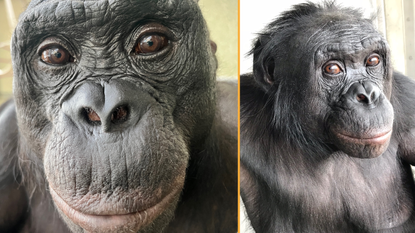
Kanzi the bonobo could play pretend — a trait thought unique to humans
-
-
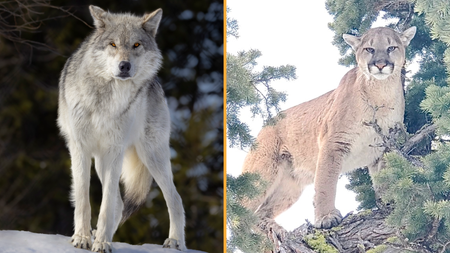
'System in flux': Scientists reveal what happened when wolves and cougars returned to Yellowstone
-
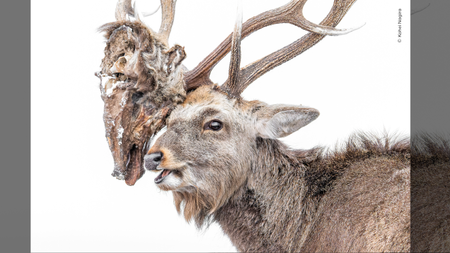
A deer carrying the rotting head of its vanquished foe and a playful lynx shortlisted for Wildlife Photographer of the Year Nuveen People's Choice Award
-
Latest about Animals
-
-
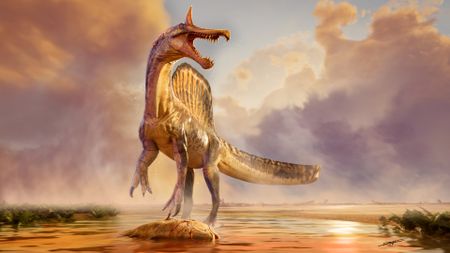
95 million-year-old Spinosaurus had a scimitar-shaped head crest and waded through the Sahara's rivers like a 'hell heron'
By Kenna Hughes-Castleberry Published -
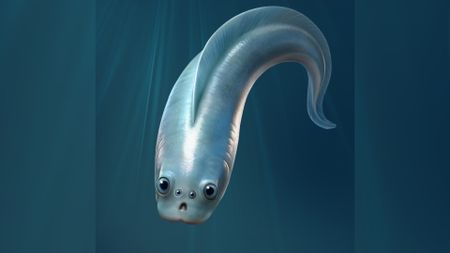
Our adorable, noodle-like ancestor had 4 eyes, half-a-billion-year-old fossils reveal
By Patrick Pester Published -
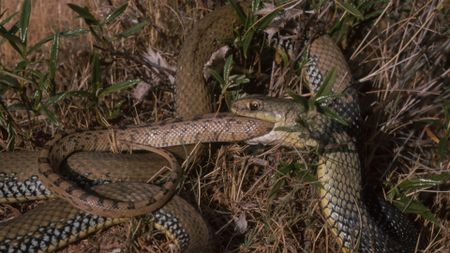
Snakes keep evolving into cannibals — here's what scientists think is going on
By Olivia Ferrari Published -
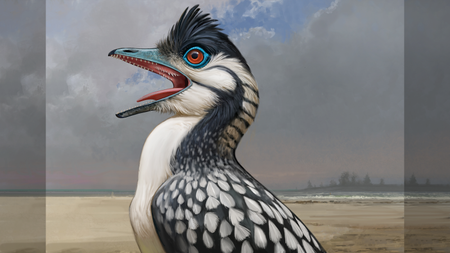
Archaeopteryx, one of the world's first proto birds, has a set of weird, never-before-seen features, new study reveals
By Aristos Georgiou Published -
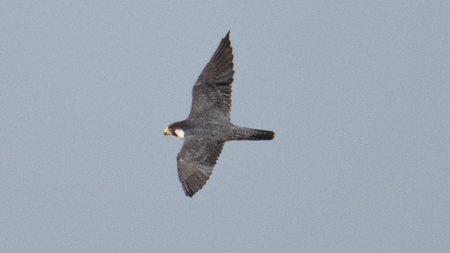
Extraordinary photo captures first appearance of Siberian peregrine falcon in Australia's arid center
By Aristos Georgiou Published -
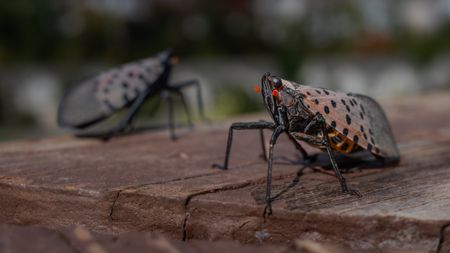
Spotted lanternflies are invading the US. They may have gotten their evolutionary superpowers in China's cities.
By Chris Simms Published -
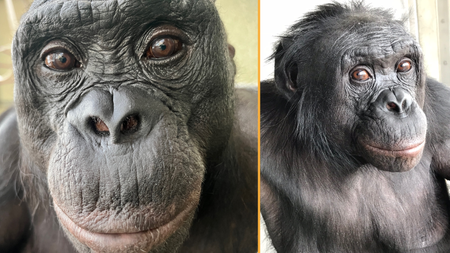
Kanzi the bonobo could play pretend — a trait thought unique to humans
By Sophie Berdugo Published
-
Explore Animals
Amphibians
-
-
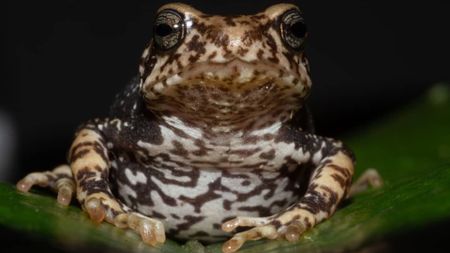
Newly discovered toads skip the tadpole stage and give birth to live 'toadlets'
By Skyler Ware Published -
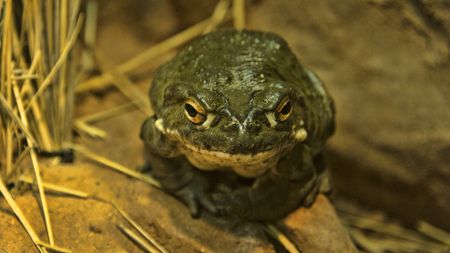
Can you actually get high from licking a toad?
By Marilyn Perkins Published -
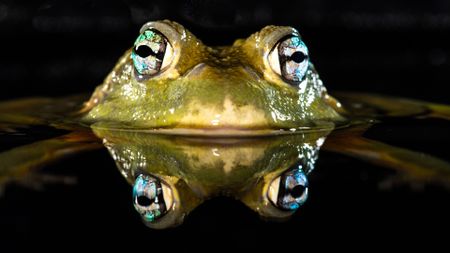
How do frogs breathe and drink through their skin?
By Sara Hashemi Published -
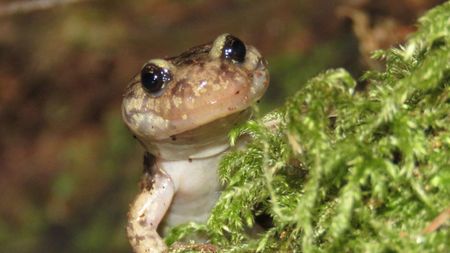
Wandering salamander: The tree‑climbing amphibian with a blood‑powered grip
By Jay Kakade Published -
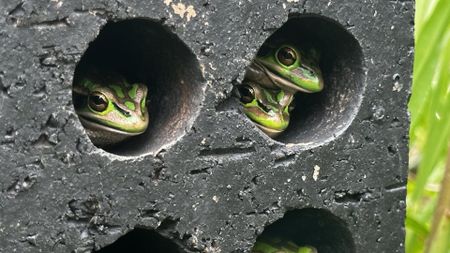
Fungus is wiping out frogs. These tiny saunas could save them.
By Anthony Waddle Published -
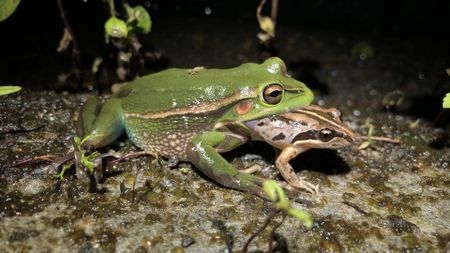
'It's risky for male frogs out there': Female frog drags and attempts to eat screaming male
By Jacklin Kwan Published -
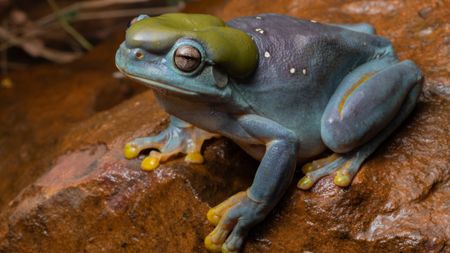
'Lovely freak of nature': Mutant blue frog hops into wildlife sanctuary workshop
By Sascha Pare Published -
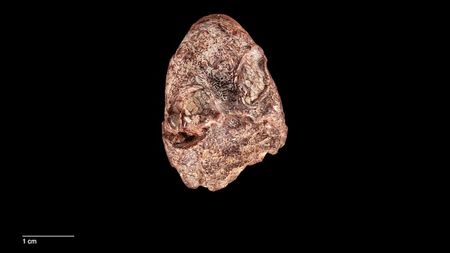
'Kermit the Frog' creature that lived 270 million years ago looked like a 'stout salamander' with 'cartoonish' grin
By Jennifer Nalewicki Published -
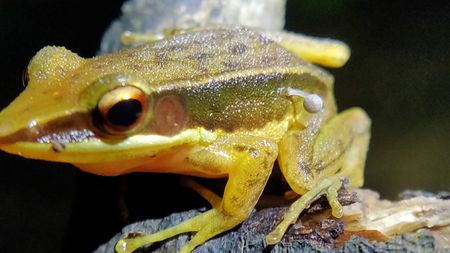
Why is a mushroom growing on a frog? Scientists don't know, but it sure looks weird
By Elise Poore Published
-
Aquatic Animals
-
-
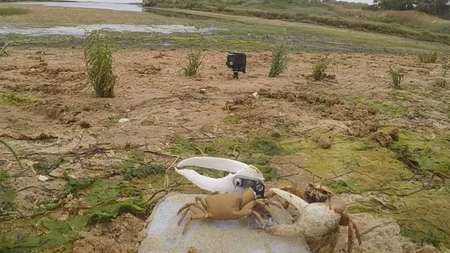
Watch robot crab 'Wavy Dave' get attacked in claw-waving contest with real crabs
By Patrick Pester Published -
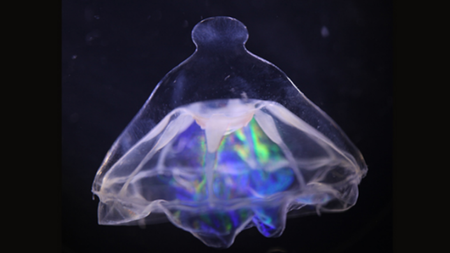
A mysterious barrier in the Atlantic divides weird deep-sea jellyfish cousins
By Sascha Pare Published -
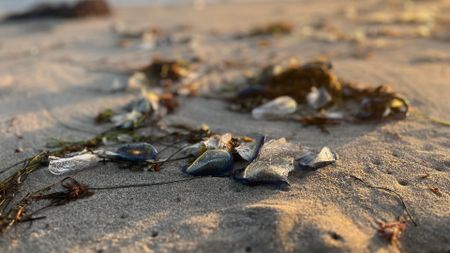
Thousands of strange, blobby creatures are washing up on California beaches
By Skyler Ware Published -
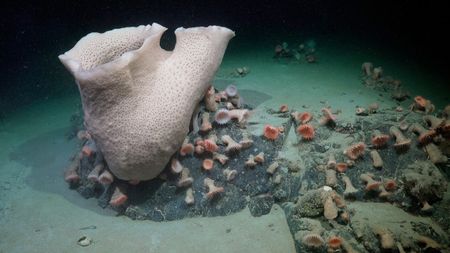
'We didn't expect to find such a beautiful, thriving ecosystem': Hidden world of life discovered beneath Antarctic iceberg
By Ben Turner Published -
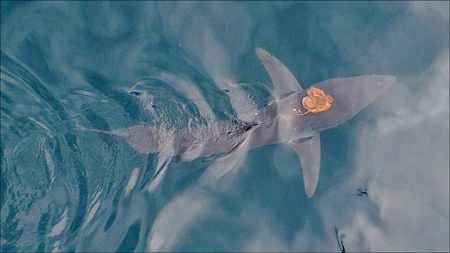
Octopus spotted riding on top of world's fastest shark
By Jess Thomson Published -
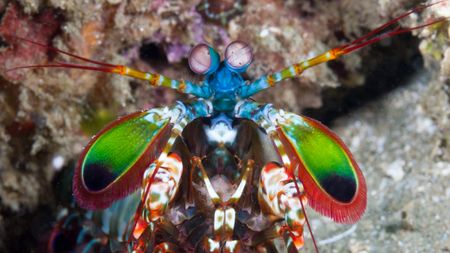
Animal kingdom's most powerful puncher generates a 'phononic shield' to protect itself
By Elise Poore Published -
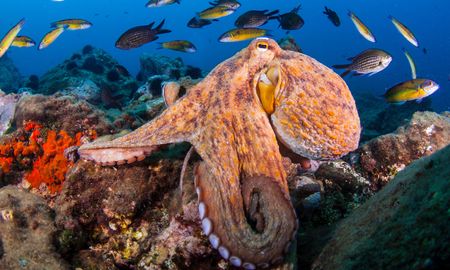
Octopuses: Facts about the 8-armed geniuses of the sea
By Patrick Pester Last updated -
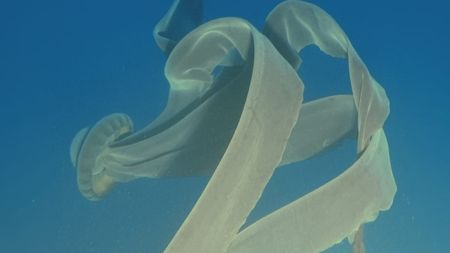
Giant phantom jelly: The 33-foot-long ocean giant that has babies out of its mouth
By Lydia Smith Published -
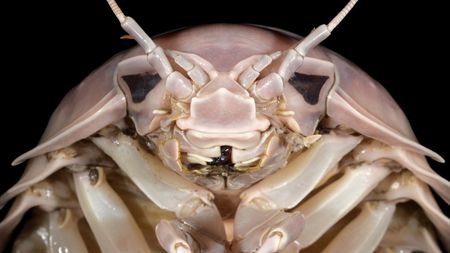
New supergiant 'Darth Vader' sea bug discovered in South China Sea — and it's absolutely massive
By Jacklin Kwan Published
-
Birds
-
-

Extraordinary photo captures first appearance of Siberian peregrine falcon in Australia's arid center
By Aristos Georgiou Published -
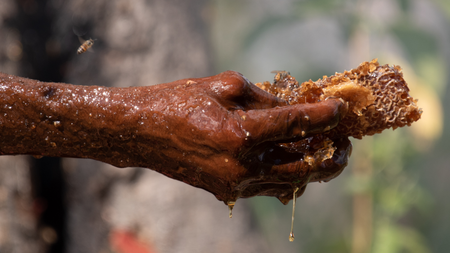
In the search for bees, Mozambique honey hunters and birds share a language with distinct, regional dialects
By Sarah Wild Published -
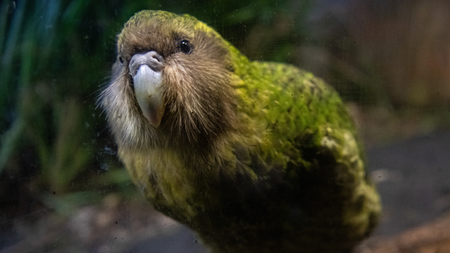
Rare nocturnal parrots in New Zealand are breeding for the first time in 4 years — here's why
By Skyler Ware Published -

Last of its kind dodo relative spotted in a remote Samoan rainforest
By Whitney Isenhower Published -
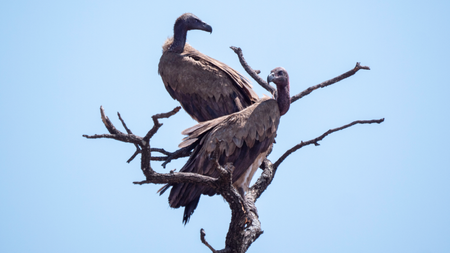
Why do vultures circle?
By Chris Simms Published -
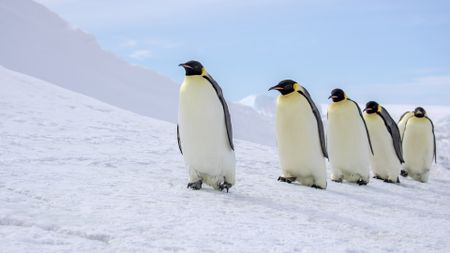
Fossil of huge penguin that lived 3 million years ago discovered in New Zealand — what happened to it?
By Daniel Thomas Published -
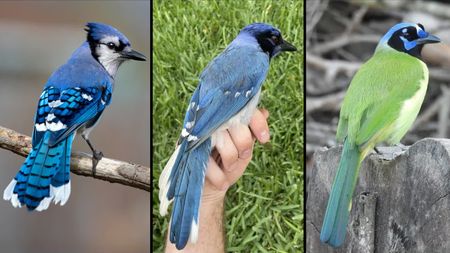
Rare blue-and-green hybrid jay spotted in Texas is offspring of birds whose lineages split 7 million years ago
By Skyler Ware Published -
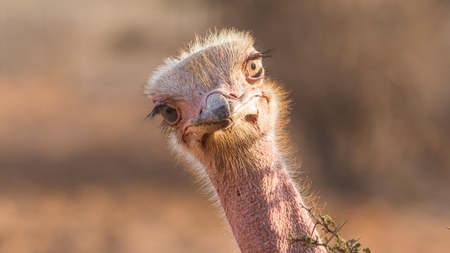
'Rare' ancestor reveals how huge flightless birds made it to faraway lands
By Chris Simms Published -
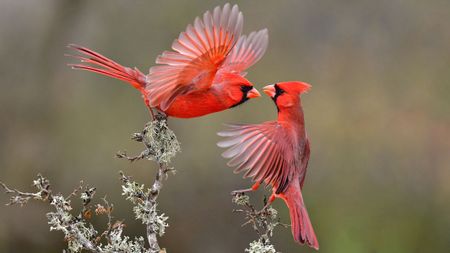
Best bird song identification apps in 2025 — Identify bird calls and improve your avian knowledge
By Kat Bayly Published
-
Extinct species
-
-

95 million-year-old Spinosaurus had a scimitar-shaped head crest and waded through the Sahara's rivers like a 'hell heron'
By Kenna Hughes-Castleberry Published -

Our adorable, noodle-like ancestor had 4 eyes, half-a-billion-year-old fossils reveal
By Patrick Pester Published -

Archaeopteryx, one of the world's first proto birds, has a set of weird, never-before-seen features, new study reveals
By Aristos Georgiou Published -
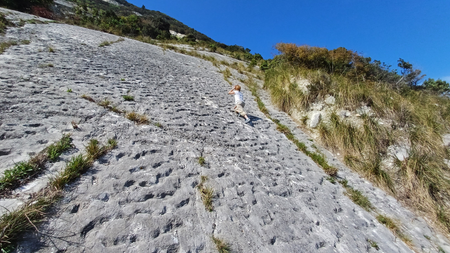
Rock climbers in Italy accidentally discovered evidence of an 80 million-year-old sea turtle stampede
By Jeanne Timmons Published -
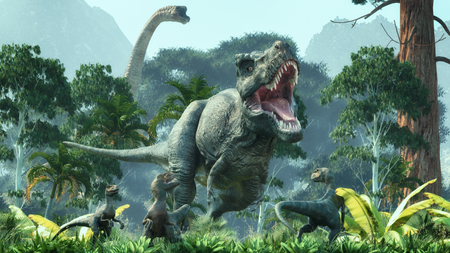
T. rex quiz: How much do you really know about the king of the dinosaurs?
By Chris Simms Published -
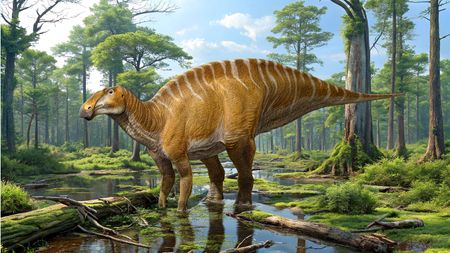
Giant 'cow of the Cretaceous' discovered almost 100 years ago identified as new duck-billed dinosaur
By Skyler Ware Published -
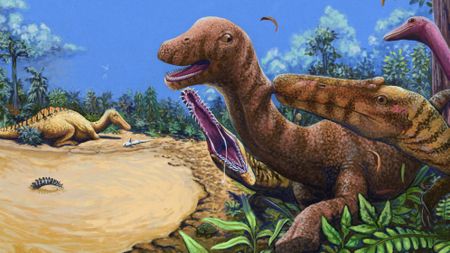
Spinosaurus relative longer than a pickup truck stalked Thailand's rivers 125 million years ago
By Patrick Pester Published -
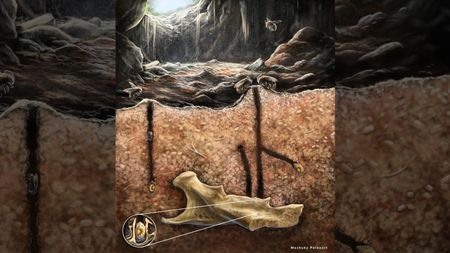
Ancient burrowing bees made their nests in the tooth cavities and vertebrae of dead rodents, scientists discover
By Sascha Pare Published -
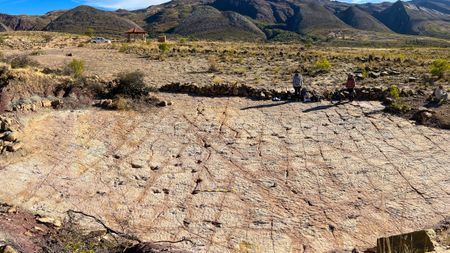
18,000 dinosaur tracks discovered along ancient Bolivian coastline — and they set a new record
By Sascha Pare Published
-
Fish
-
-
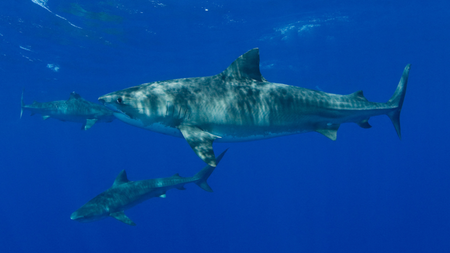
Shark attacks in Hawaii spike in October, and scientists think they know why
By Chris Simms Published -

Never-before-seen adorable pink bumpy snailfish with funny little beard filmed in deep canyon off California coast
By Kenna Hughes-Castleberry Published -
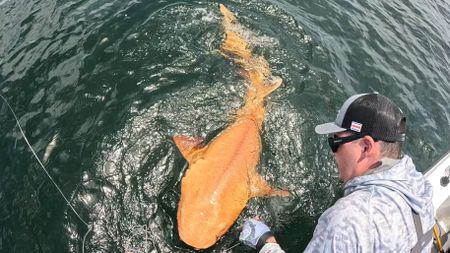
Fishers discover first-of-its-kind bright orange shark with two rare conditions in Caribbean
By Patrick Pester Published -
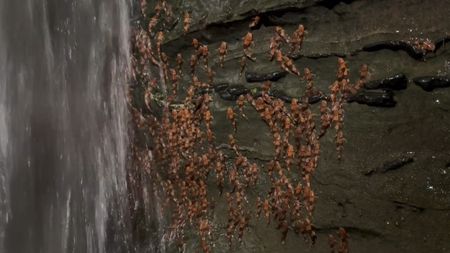
Thousands of bumblebee catfish captured climbing waterfall in never-before-seen footage
By Olivia Ferrari Published -
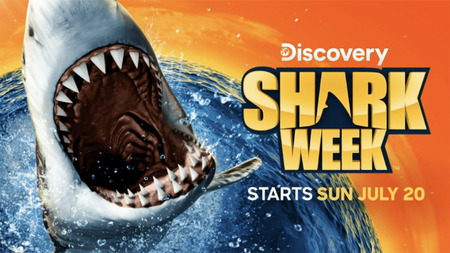
How to watch Shark Week 2025: Live TV & streaming schedule for Discovery special
By Fran Ruiz Last updated -
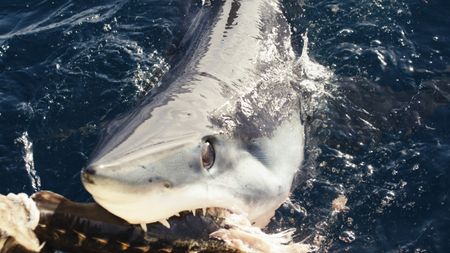
Shark Week team discovers unusual 'black makos' off California coast
By Hannah Osborne Published -
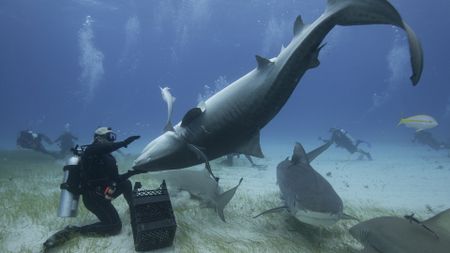
Why do sharks freeze when flipped upside down?
By Melissa Hobson Published -
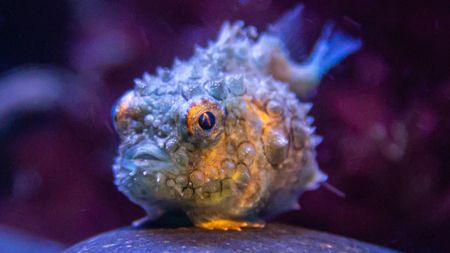
Pacific spiny lumpsucker: The adorable little fish with a weird suction cup resembling human teeth
By Liz Langley Published -
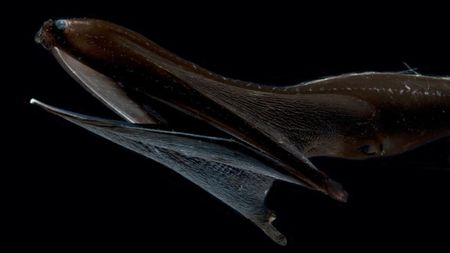
Pelican eel: The midnight zone 'gulper' with a giant mouth to swallow animals bigger than itself
By Mindy Weisberger Published
-
Insects
-
-

Spotted lanternflies are invading the US. They may have gotten their evolutionary superpowers in China's cities.
By Chris Simms Published -
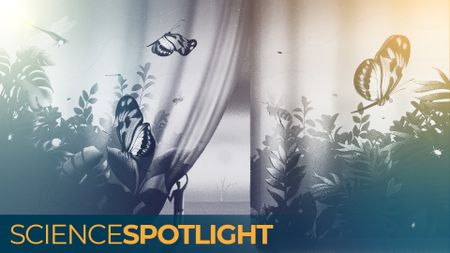
A looming 'insect apocalypse' could endanger global food supplies. Can we stop it before it's too late?
By Joanna Thompson Published -
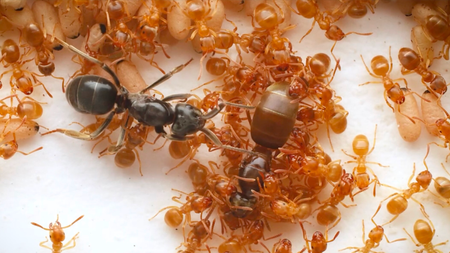
'Nothing but a nightmare': Worker ants are tricked into murdering their mom by an imposter queen — who quickly takes the throne for herself
By Chris Simms Published -

How did metamorphosis evolve?
By Marilyn Perkins Published -

Are there any countries with no mosquitoes?
By Clarissa Brincat Last updated -
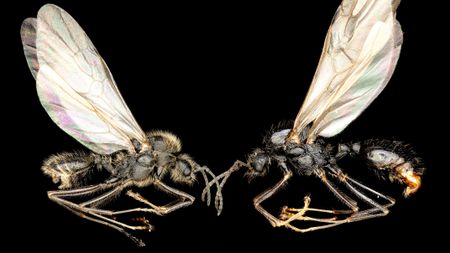
'Almost like science fiction': European ant is the first known animal to clone members of another species
By Sophie Berdugo Published -
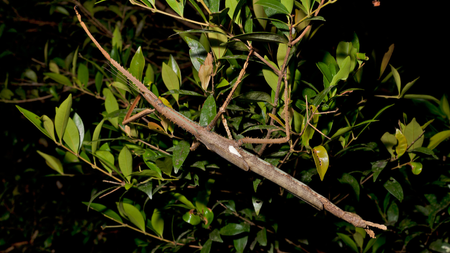
Creepy new giant insect may be the heaviest ever recorded in Australia
By Patrick Pester Published -
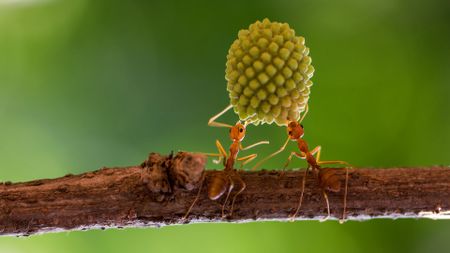
Insects: Facts about the creepy-crawlies that make up more than half of the world's animal species
By Sascha Pare Published -
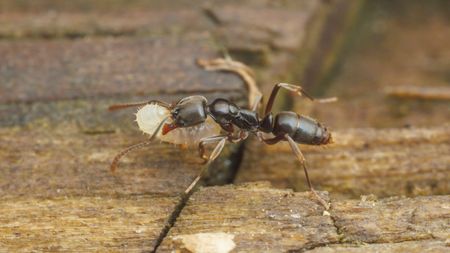
Invasive Asian needle ants are surging in US Southeast — and their bite can trigger anaphylaxis
By Sascha Pare Published
-
Land Mammals
-
-

Kanzi the bonobo could play pretend — a trait thought unique to humans
By Sophie Berdugo Published -
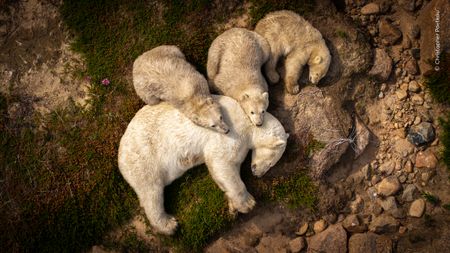
Grim photo captures polar bear mom and cubs resting in mud in summer heat
By Sascha Pare Published -

'System in flux': Scientists reveal what happened when wolves and cougars returned to Yellowstone
By Olivia Ferrari Published -
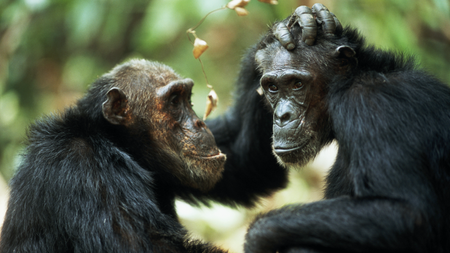
'Part of the evolutionary fabric of our societies': Same-sex sexual behavior in primates may be a survival strategy, study finds
By Olivia Ferrari Published -

Coyote scrambles onto Alcatraz Island after perilous, never-before-seen swim
By Patrick Pester Published -
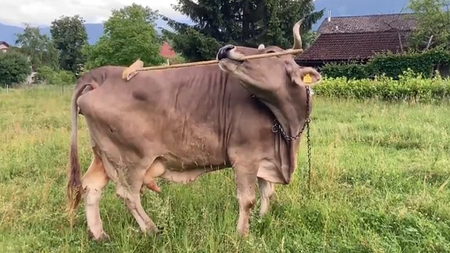
Ever watched a pet cow pick up a broom and scratch herself with it? You have now
By Chris Simms Published -
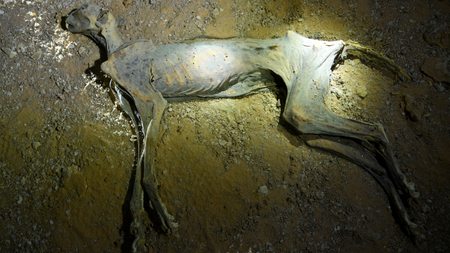
Ancient mummified cheetahs discovered in Saudi Arabia contain preserved DNA from the long-lost population
By Sarah Wild Published -
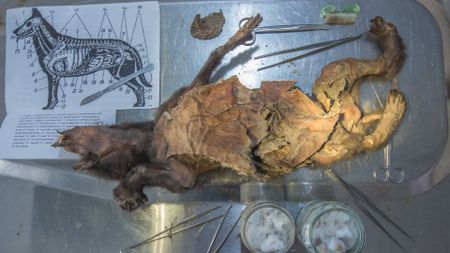
Woolly rhino flesh pulled from ancient wolf stomach gives clues to ice age giant's extinction
By Kristina Killgrove Published -
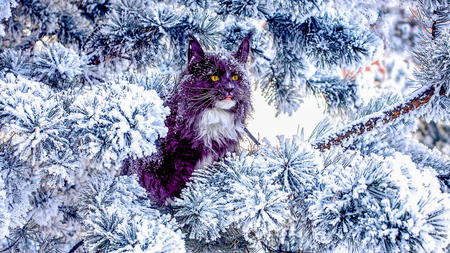
Did any cat breeds develop naturally?
By Katherine Irving Published
-
Marine Mammals
-
-
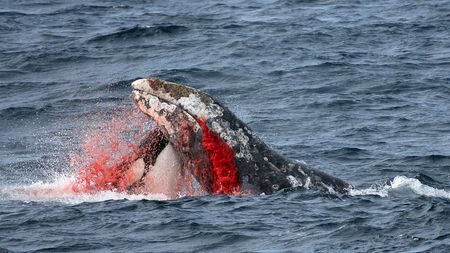
Orcas are adopting terrifying new behaviors. Are they getting smarter?
By Sascha Pare Published -
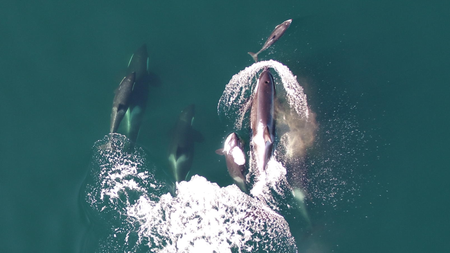
Killer whales are teaming up with dolphins on salmon hunts, study finds — but not everyone agrees
By Chris Simms Published -
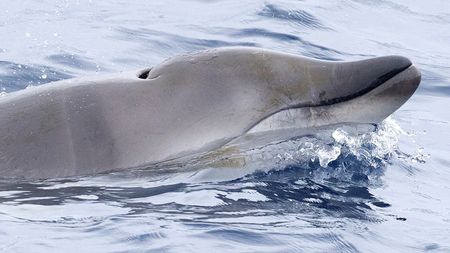
Scientists find rare tusked whale alive at sea for the first time — and shoot it with a crossbow
By Patrick Pester Published -
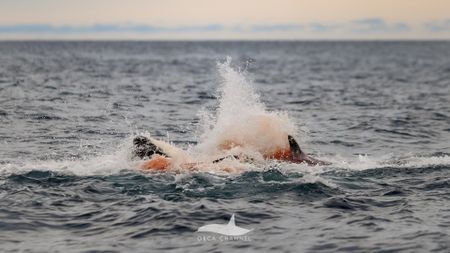
Incredible, first-of-their-kind images show an orca being born in Norway — and the rest of its pod forming a protective circle
By Sascha Pare Published -
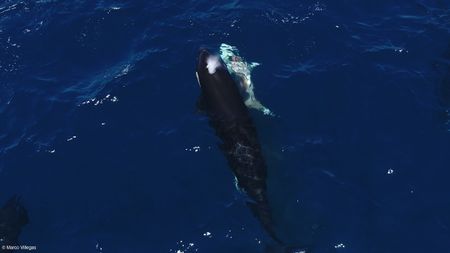
Orcas in the Gulf of California paralyze young great white sharks before ripping out their livers
By Sascha Pare Published -
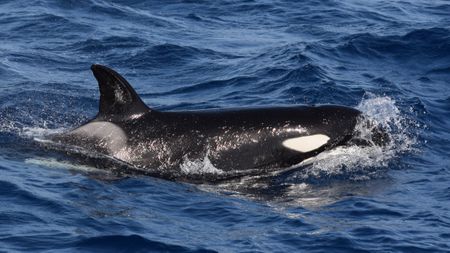
'We completely freaked out': Orcas are attacking boats in Europe again
By Patrick Pester Published -
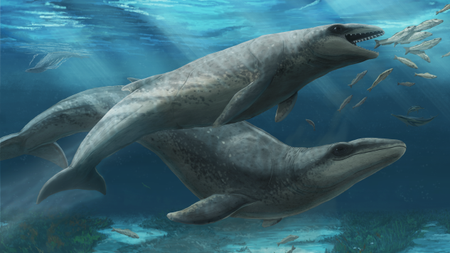
Ancient predatory whale with big eyes and razor-sharp teeth was 'deceptively cute'
By Patrick Pester Published -
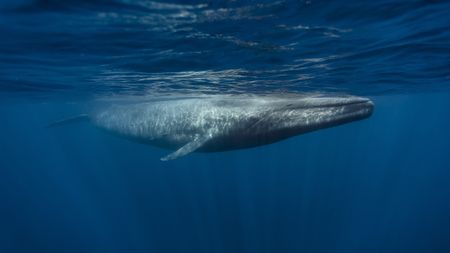
No, blue whales aren't going silent off California. Here's why.
By Patrick Pester Published -
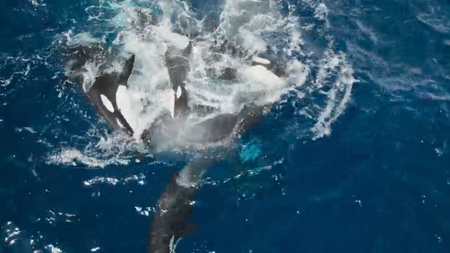
Watch a pod of orcas pretending to drown one of their own in macabre training session
By Sascha Pare Published
-
Mollusks
-
-
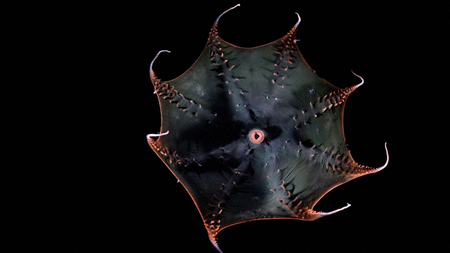
Scientists finally sequence the vampire squid's huge genome, revealing secrets of the 'living fossil'
By Kenna Hughes-Castleberry Published -
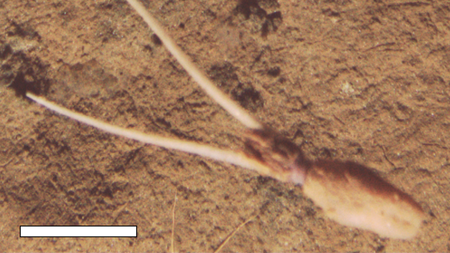
'Very novel and very puzzling': Unknown species of squid spotted burying itself upside down, pretending to be a plant
By Kenna Hughes-Castleberry Published -
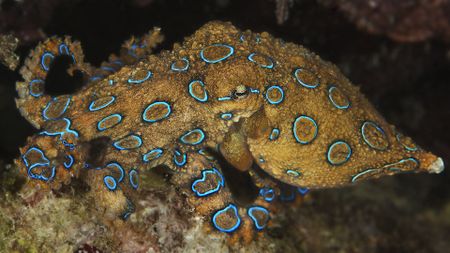
Why is the blue-ringed octopus so deadly?
By Elana Spivack Published -
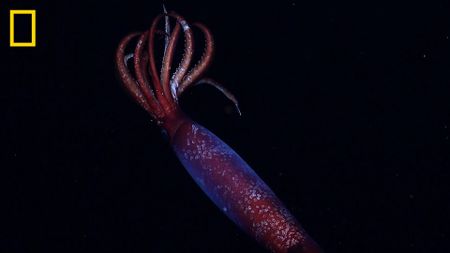
Haunting blood-red squid with large hooks drifts through Antarctic ocean's midnight zone in world-first video
By Patrick Pester Published -
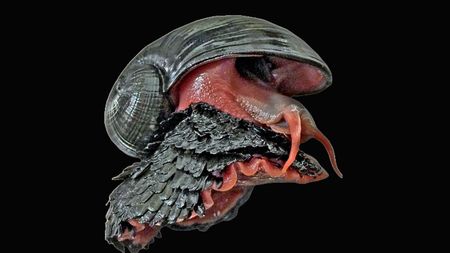
Scaly-foot snail: The armor-plated hermaphrodite with a giant heart that lives near scalding deep-sea volcanoes and never eats
By Mindy Weisberger Published -

Watch elusive New Zealand snail lay an egg through a 'genital pore' in its neck
By Pandora Dewan Published -
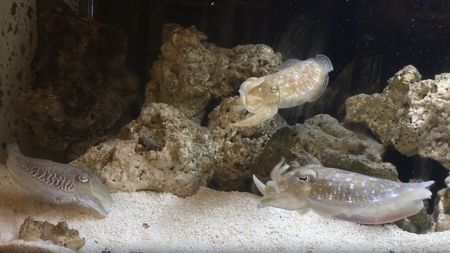
Cuttlefish appear to wave at each other in what researchers think could be a form of communication
By Olivia Ferrari Published -
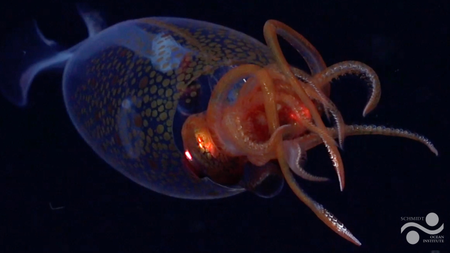
Elusive colossal squid finally caught on camera 100 years after discovery in world 1st footage — and it's tiny
By Jess Thomson Published -
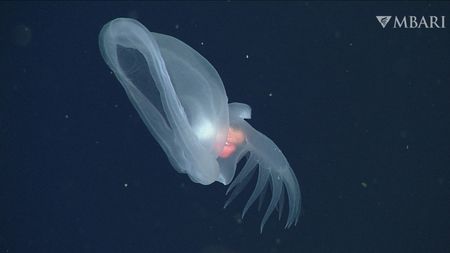
Glowing mystery sea slug that feeds like a Venus fly trap captured in deep sea footage for 1st time
By Melissa Hobson Published
-
Reptiles
-
-

Snakes keep evolving into cannibals — here's what scientists think is going on
By Olivia Ferrari Published -
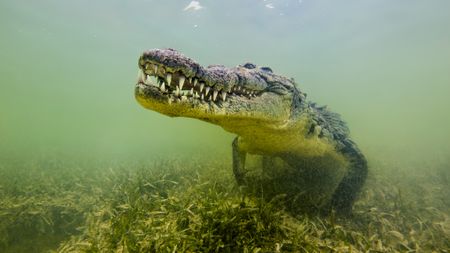
Saltwater crocodiles crossed the Indian Ocean to reach the Seychelles — before humans arrived and wiped them out
By Skyler Ware Published -
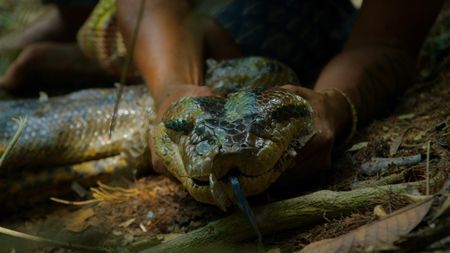
Never-before-seen footage captures moment scientists find new, giant anaconda species in Amazon
By Sascha Pare Published -
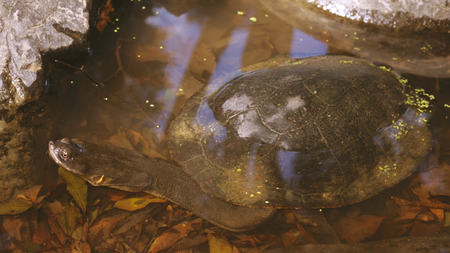
Can a turtle tuck its head all the way inside its shell?
By Emma Bryce Published -
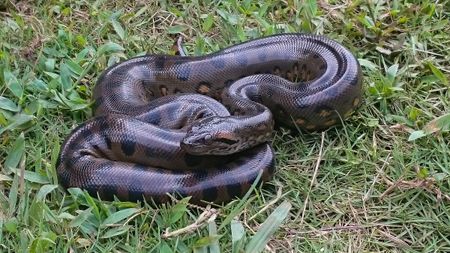
Anacondas became massive 12 million years ago — and it worked so well, they haven't changed size since
By Skyler Ware Published -

Venomous snake strikes captured in extreme detail through high-speed videos for first time
By Skyler Ware Published -
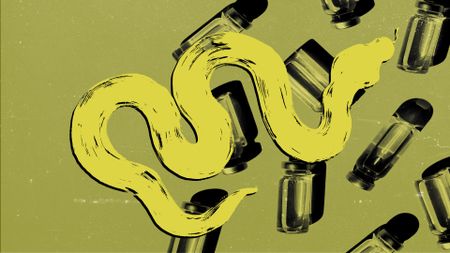
Scientists could soon create a 'universal antivenom.' But would it save lives?
By Payal Dhar Published -
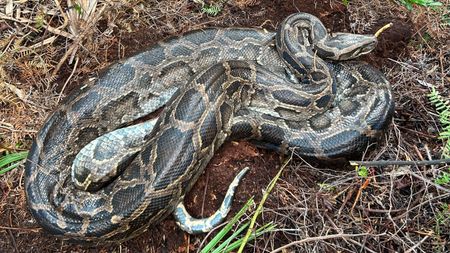
Cold snap in Florida made Burmese python puke up a whole deer
By K.R. Callaway Published -
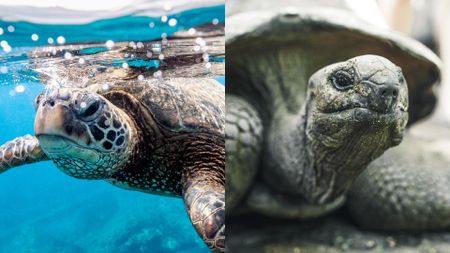
What's the difference between a turtle and a tortoise?
By Charles Q. Choi Published
-
Spiders & Other Arachnids
-
-
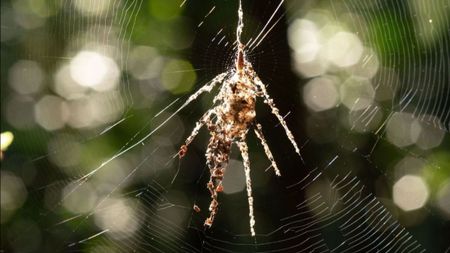
Tiny spiders that build giant 'puppet' decoys from disembodied prey discovered in Peru and Philippines
By Sascha Pare Published -
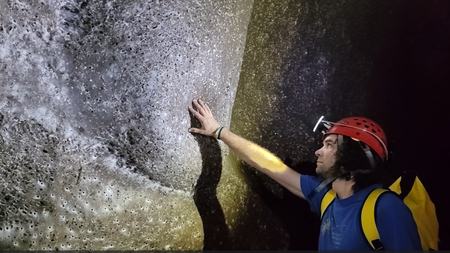
World's biggest spiderweb discovered inside 'Sulfur Cave' with 111,000 arachnids living in pitch black
By Sascha Pare Published -
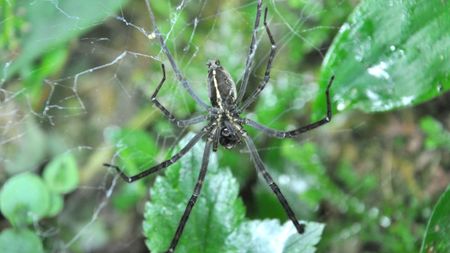
Spiders seen keeping fireflies as glowing prisoners that draw more prey to their webs
By Hannah Osborne Published -
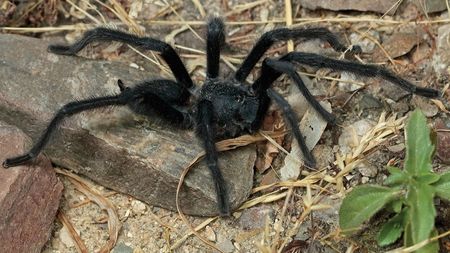 'Size really does matter'
'Size really does matter'Males of 4 never-before-seen tarantula species have record-long genitalia
By Sascha Pare Published -
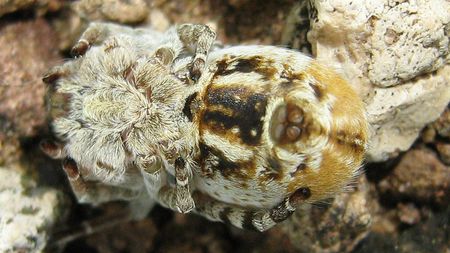
Watch 1,000 baby spiders devour their mothers and aunties alive in stomach-turning, first-of-its-kind footage
By Sascha Pare Published -
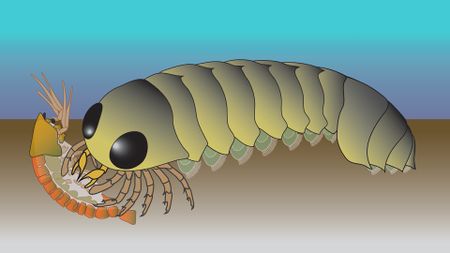
'Backward' brain of ancient sea creature hints spider ancestors evolved in the ocean
By Skyler Ware Published -
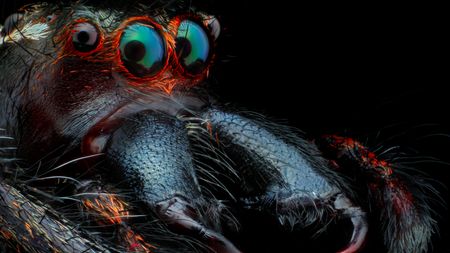 Quiz
QuizSpider quiz: Test your web of knowledge
By Christina Hughes Published -
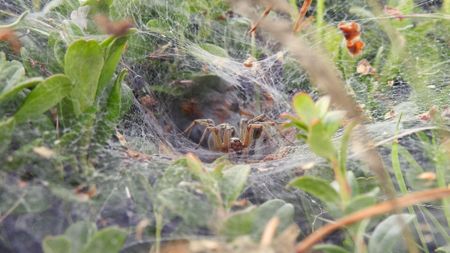
Cannibalistic spiderlings won't hunt their siblings even if they're starving
By Patrick Pester Published -
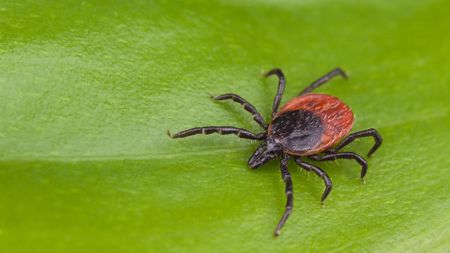
Multiple species of ticks in the US can transmit red meat allergy, CDC reports reveal
By Clarissa Brincat Published
-
More about Animals
-
-

Kanzi the bonobo could play pretend — a trait thought unique to humans
By Sophie Berdugo Published -

Saltwater crocodiles crossed the Indian Ocean to reach the Seychelles — before humans arrived and wiped them out
By Skyler Ware Published -

A deer carrying the rotting head of its vanquished foe and a playful lynx shortlisted for Wildlife Photographer of the Year Nuveen People's Choice Award
By Sascha Pare Published
-
 Live Science Plus
Live Science Plus









